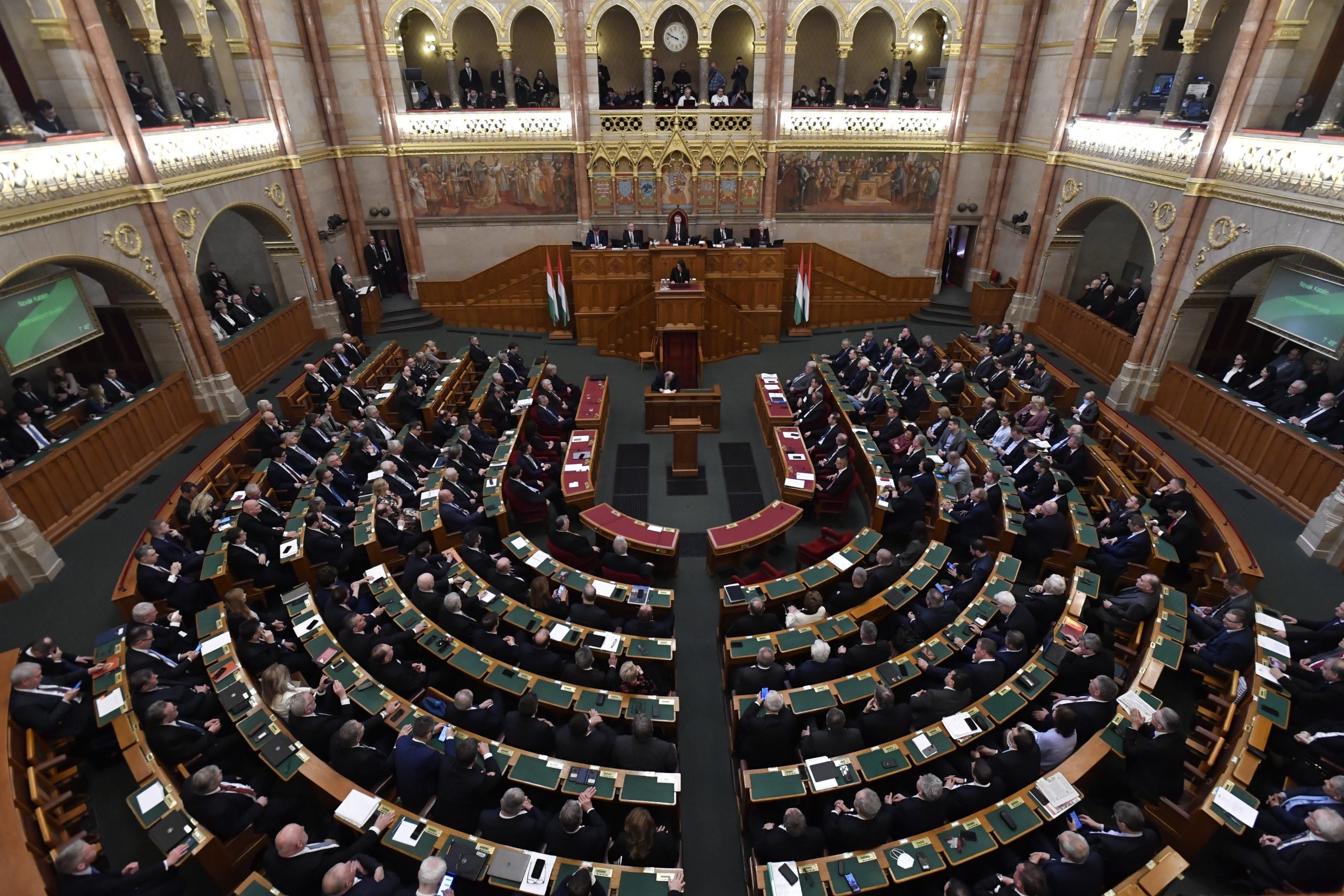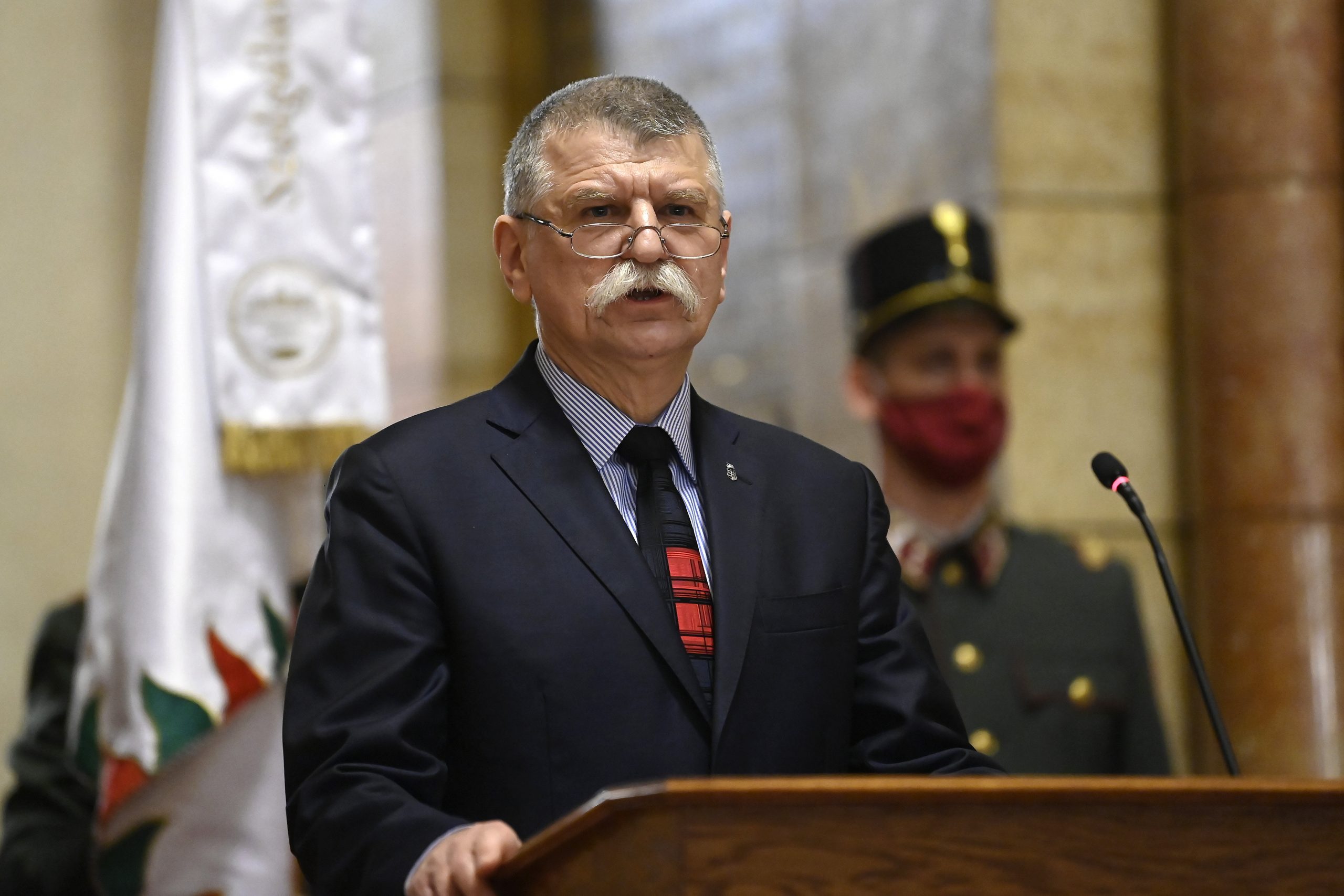
Therefore House Speaker László Kövér (Fidesz) will have the right to decide.Continue reading

Hungary is facing the erosion of parliamentary norms as a new generation of parliamentarians seem unwilling to adhere to house rules, Speaker of Parliament László Kövér said in an interview broadcast on public radio on Sunday.
Put to him that the opposition had accused him of being overly “strict” with opposition lawmakers, Kövér said the new generation of MPs entering parliament “do not have a sense of the moral responsibility or the dignity” of the chamber.
Citing the inauguration session of the new parliament as an example, when opposition politicians left the chamber after the oath-taking ceremony, Kövér said: “These young people are not quite aware of the weighty significance of receiving a mandate to represent people in parliament.”
Recalling that when he entered parliament as an opposition lawmaker in 1990, “we also took a creative approach to house regulations sometimes”, Kövér said the younger generation had “upended not only unwritten rules that more or less everyone respected, but is also unwilling to heed written regulations.”
He insisted the opposition had been “infected” with the thought that, if they won the election, they would only need a simple majority rather than two-thirds to “ditch the Fundamental Law”. “There were even voices suggesting that the new constitution could be written in Brussels and then rammed through parliament without legislative procedure, by a referendum of some kind,” he said. Others expected “crowds protesting on the streets” to force a replacement of the constitution, he insisted.
“We face the erosion of centuries-old parliamentary norms. The question is not whether I am strict or not, but how these people and ideas have made it inside Parliament in the first place,” he said.
Regarding the ruling Fidesz-Christian Democrat (KDNP) alliance’s achievements, which won a fourth consecutive term this year, Kövér said multiple mandates to govern with a two-thirds majority had enabled it to implement “constitutional corrections amounting to a second regime change, using the experiences of the period since 1990.”
“The legislative process that started in 2010 was basically completed in the past cycle,” he said. “Although it still needs tweaking — such as expanding the definition of the state of emergency in view of the war — that process was a historic feat, and it was an honour to sign those laws as speaker,” Kövér said.
Featured photo by Tamás Kovács/MTI